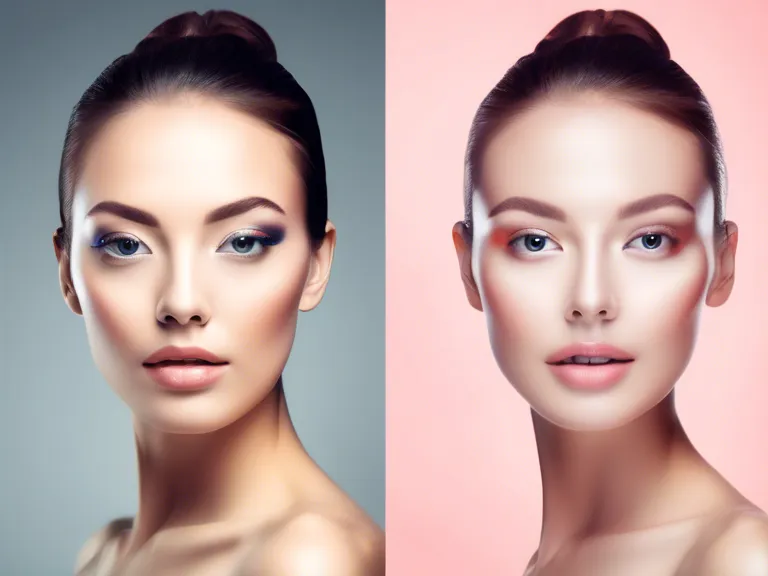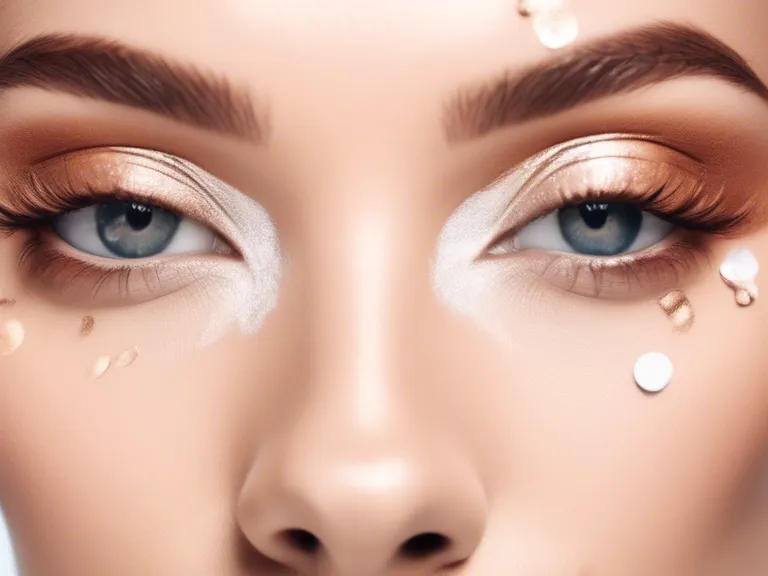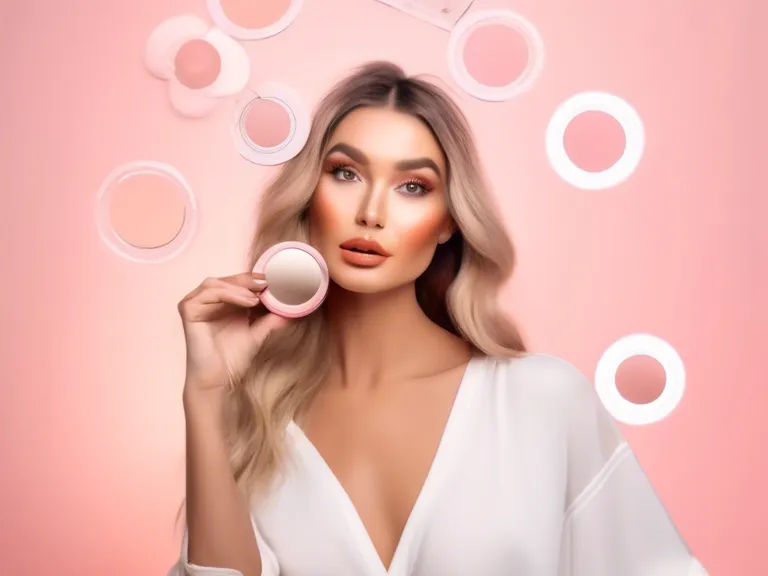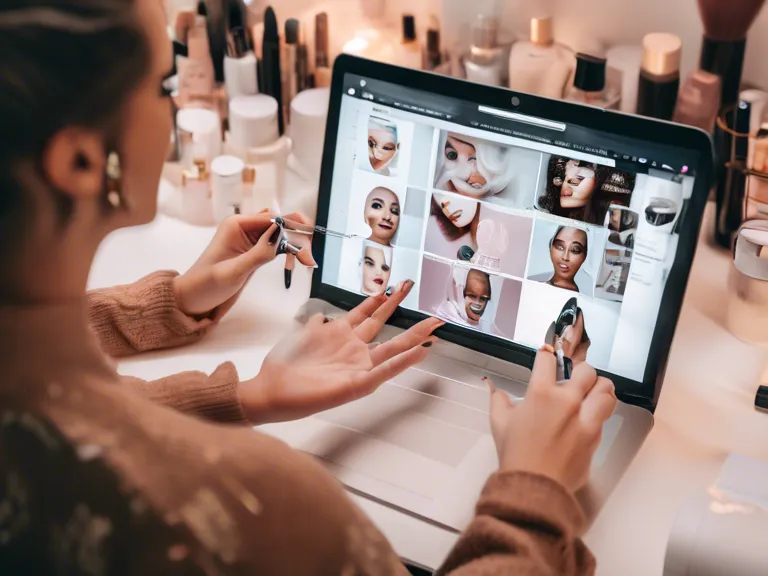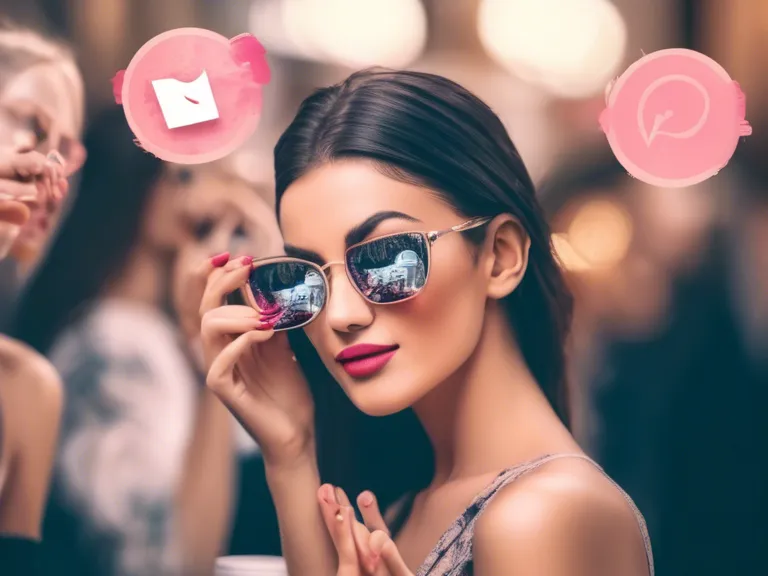
In today's digital age, social media has become a powerful tool for brands to market their products and connect with their target audience. With the rise of filters and editing apps, the definition of beauty has evolved, leading to new challenges and opportunities for marketing in the beauty industry. Brands are now leveraging social media platforms to reach consumers in more engaging and creative ways.
One of the key ways brands are capitalizing on the popularity of filters is through influencer partnerships. Influencers often use filters to enhance their photos and videos, creating a curated and aspirational image that resonates with their followers. By collaborating with influencers who embody a certain aesthetic, brands can tap into their followers and expand their reach in a more authentic way.
Another strategy brands are using is user-generated content. By encouraging their customers to create and share content using their products and filters, brands are able to build a sense of community and authenticity around their brand. This form of marketing not only showcases the diversity of their customer base but also allows for real-time feedback and engagement.
Furthermore, brands are utilizing augmented reality (AR) filters to provide a more interactive and personalized experience for consumers. By creating custom filters that allow users to virtually try on makeup or skincare products, brands are able to showcase their products in a fun and engaging way. This not only helps consumers visualize the products in action but also creates a memorable and shareable experience.
In conclusion, the beauty industry is adapting to the age of filters by leveraging social media in innovative ways. Brands are embracing influencer partnerships, user-generated content, and AR filters to connect with consumers and create a more engaging brand experience. By staying on top of the latest trends and technologies, brands can continue to market beauty products effectively in today's digital landscape.
